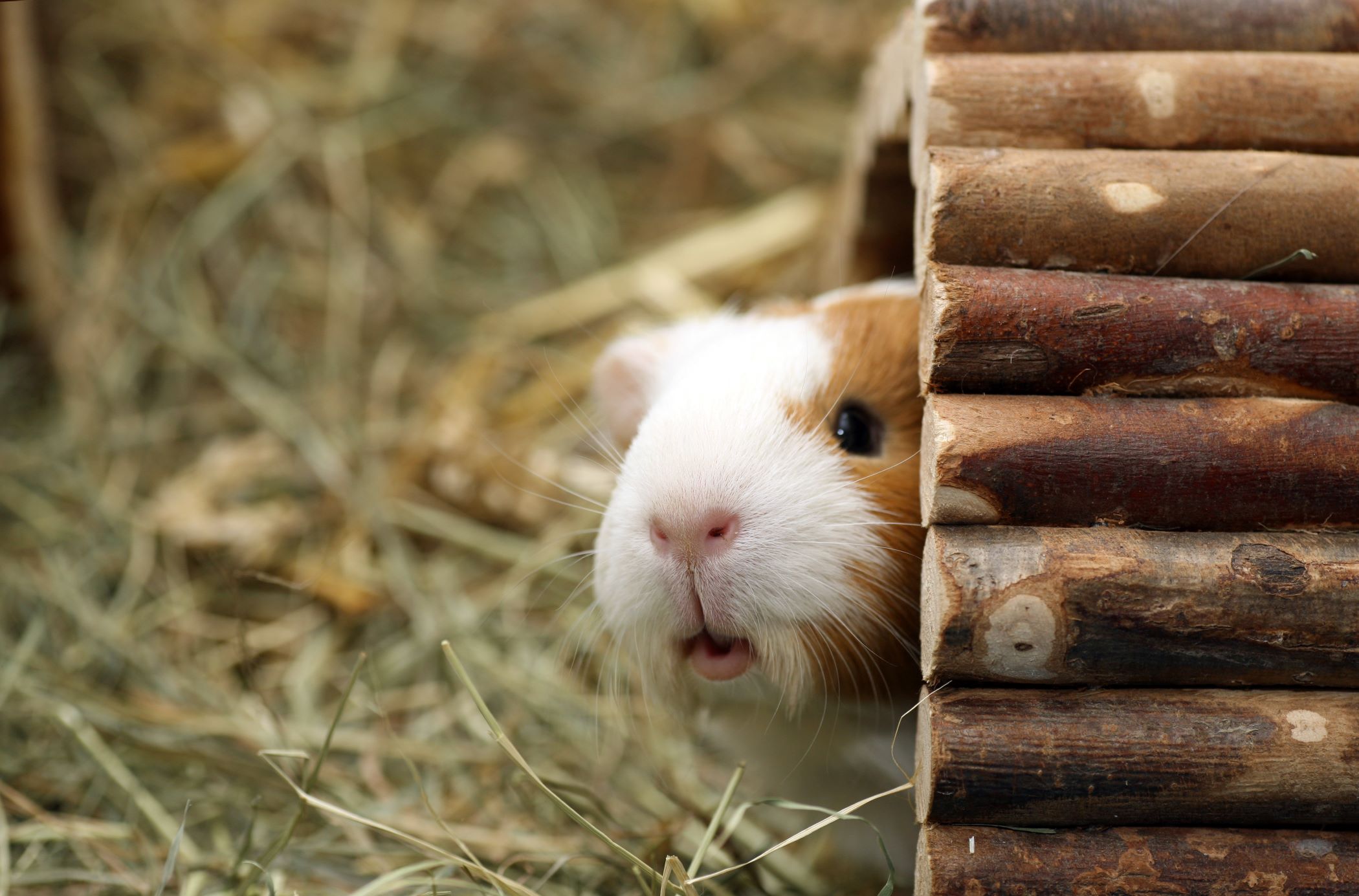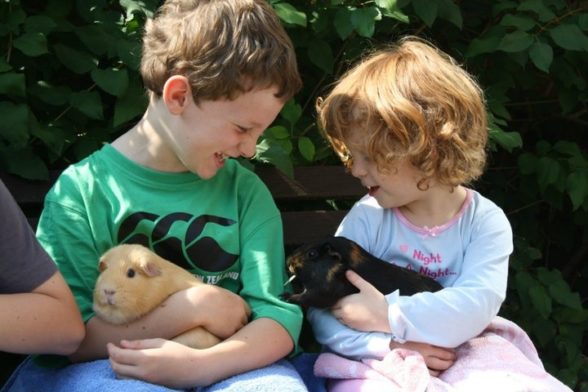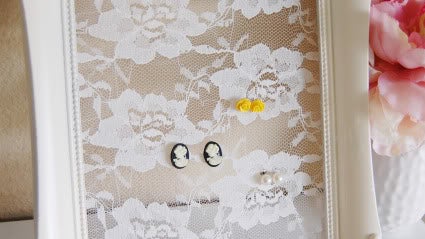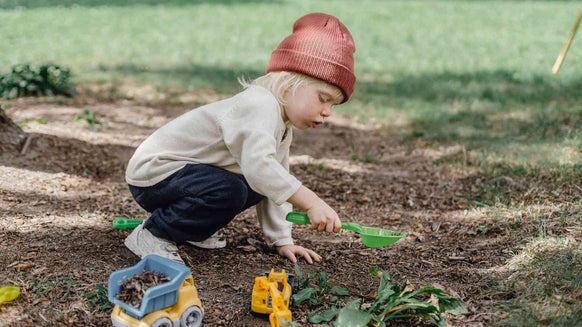How To Avoid Unplanned Guinea Pig Litters

Did you know it's Guinea Pig Appreciation Week 25th-29th September? This year's theme is Rescue & Rehome. Recent reports suggested there's been a huge rise in the number of guinea pigs being surrendered to rescue shelters. As well as the ongoing Cost Of Living Crisis, one of the main reasons for this rise is due to unplanned litters. Here's some essential steps to prevent unplanned Guinea Pig litters to make sure your guinea family remains happy and manageable.
The Importance of Responsible Guinea Pig Ownership
When you decide to bring guinea pigs into your life, it's vital to be a responsible pet owner. These adorable furry potatoes can reproduce at a startling rate, and finding homes for unplanned guinea pig litters can be challenging.

Same-Sex Pairing: A Prudent Choice
One of the simplest ways to prevent unwanted guinea pig pregnancies is to house them in same-sex pairs. You can significantly reduce the likelihood of unplanned litters by ensuring that your furry companions are of the same gender.
A pair of males or a herd of females often get along well and form strong bonds. Beware of grouping more than two boars though as this often leads to fighting.
Properly identifying the gender of your piggie is crucial. Male guineas (boars) have a noticeable "Y"-shaped opening in their genitals. Females (sows), have a more straightforward, "i"-shaped slit. This early identification can help you avoid accidentally pairing opposite genders.

Identifying Female Guinea Pigs*
- Apply gentle pressure above the guinea pig's genitals.
- If the guinea pig is female, nothing will emerge - you will just be able to see her vulva.
- The anus sits at the lowest point below the female genitals and is separate from the genitals.

Identifying Male Guinea Pigs*
- Apply gentle pressure above the guinea pig's genitals.
- If the guinea pig is male and hasn't been neutered, the penis will emerge and the testes will be obvious.
- The anus sits at the lowest point below the unneutered male genitals and is separate from the genitals.

Age Matters
Guinea pigs reach sexual maturity at different ages, depending on their breed and genetics. Typically, males become sexually mature at around 4 weeks. If your sow has recently had a litter, make sure you sex the young to make sure no males are still around Mum by the time they're mature.
Similarly, if you have an unneutered boar living with a pregnant sow, be sure to remove him and house him separately before she has the babies. Dad can easily get Mum pregnant again straight after she's given birth. If you want him to go back in with his family he'll need to be neutered beforehand. It'll be 6 weeks before he's ready to be reintroduced.

Neutering and Spaying: A Responsible Choice
For a more permanent solution, consider neutering your male guinea pigs. Spaying females is fairly high risk so isn't a great option. Consult with a qualified vet, experienced in guinea pigs, to discuss these procedures.

Vigilance: Watch for Signs of Guinea Pig Pregnancy
In some instances, people buy a female that's already pregnant. Or they buy a pair they believe to be same-sex and pregnancy soon follows. Be vigilant and keep an eye out for signs of pregnancy in your female guinea pigs. Weight gain, a rounded abdomen, and a noticeable increase in appetite are common indicators.
Guineas are pregnant between 59-72 days. In the last few weeks of pregnancy you'll be able to see and feel the baby kicks quite easily.

Provide Proper Nutrition: Essential for Pregnant Sows
Pregnant guinea pigs require a diet rich in essential nutrients to support the growth of healthy babies. Ensure they have access to an unlimited about of fresh hay, fresh vegetables, and a high-quality guinea pig pellet food. Consult your vet for specific dietary recommendations during pregnancy.

Responsible Rehoming: Finding Great Homes for An Unplanned Guinea Pig Litter
In the event of an unplanned pregnancy, it's essential to find loving homes for the baby guinea pigs. Reach out to local guinea pig rescue organizations or fellow enthusiasts who may be interested in adopting these adorable additions to your family.
Your local rescues may not have room to take in a new litter. This is why adopting pets is so important. It frees up space in shelters for them to help support more animals. If you're unable to surrender the litter or find homes amongst your friends and family, please find a

Preventing Unplanned Guinea Pig Litters
Being a responsible guinea pig owner involves more than just providing food and shelter. Taking proactive steps to prevent unwanted litters ensures the well-being of your beloved pets and reduces the burden of finding homes for unexpected offspring.
By following these straightforward guidelines, you can enjoy the company of your guinea pigs without worrying about unwanted surprises. Remember, happy and responsible pet ownership is the key to a fulfilling life with these charming creatures.
To read more Preloved articles about Guinea Pigs and other small furries, click here.








